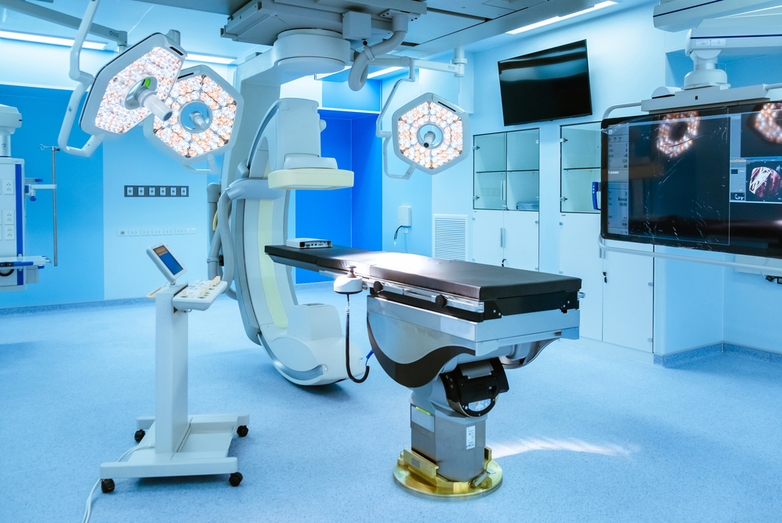The past three years, more than 650,000 people have undergone bariatric surgery to help them with weight loss. As it’s gotten more popular, people have started questioning just how effective it is. While every patient’s experience with bariatric surgery is different, there are some commonalities we often see across the board. Many factors affect how much weight someone will lose after bariatric surgery.
What is Bariatric Surgery?
For most, this procedure is done to shrink the stomach in order to reduce the amount of food it can hold (making people feel fuller faster). Like all surgeries, there are some complications that can arise but overall, is considered a fairly safe procedure.
Most often, this procedure entails laparoscopically, or by going in through the abdomen through a small incision. This shortens recovery time and length in the hospital. In addition, it reduces scarring.
When Should You Get Bariatric Surgery?
Bariatric surgery is often a decision made after other weight loss alternatives have been unsuccessful for the patient. This surgery is not something to be taken lightly as it is a very serious procedure, even though there’s minimal risk for complications. Usually, bariatric surgery is a last resort. Or, if your BMI is at least 35-40 and/or you have other complications that are attributed to your weight.
You Might Lose Some Weight Afterward!
After surgery, patients have been shown to quickly lose weight for up to a year and a half afterwards. During that time, patients often lose around 40% of their extra weight within 6 months. Those with a higher body weight going into the surgery tend to lose more quicker than those with lower body weights.
However, it’s important to note that while this surgery decreases the size of the stomach you can easily reverse this with bad eating and exercise habits. Post-surgery, keeping up with a special diet and plenty of exercise is the key to losing the number of pounds a patient would like to see. Additionally, joining support groups with people going through the same thing is a great way to find mentors and likeminded individuals to help a patient succeed with weight loss.
Bariatric Surgery Can Also Help with Other Conditions
It’s no secret that obesity can lead to a number of other complications like high blood pressure, back pain, diabetes, and even sleep apnea. Undergoing bariatric surgery can help diabetic patients reduce or come completely off of their necessary medications within months of surgery once blood sugar levels are within a normal range again. In other words, this surgery can have lasting impacts that benefit you for your entire life.
Requires a Bit of a Time Commitment
One thing many people don’t consider is the amount of recovery time required after bariatric surgery. On average, people spend about 2 to 5 days in the hospital afterwards before they can return home. The surgeon simply needs to see that you are healing and not developing any sort of post-op complications.
You May Need Some Help with Transportation
In order to receive your surgery, you may need help with transportation. Stellar Transport offers safe and reliable transportation for bariatric patients. We are dedicated to treating every passenger with dignity and respect, just like how we would want to be treated! Because we want our passengers to be comfortable, as well as safe, we make sure to have enough support to get you where you need to go without any issue. All of our vehicles are equipped with accessibility and safety in mind.
Stellar Transport is here to help you get to and from your bariatric surgery. Learn more

